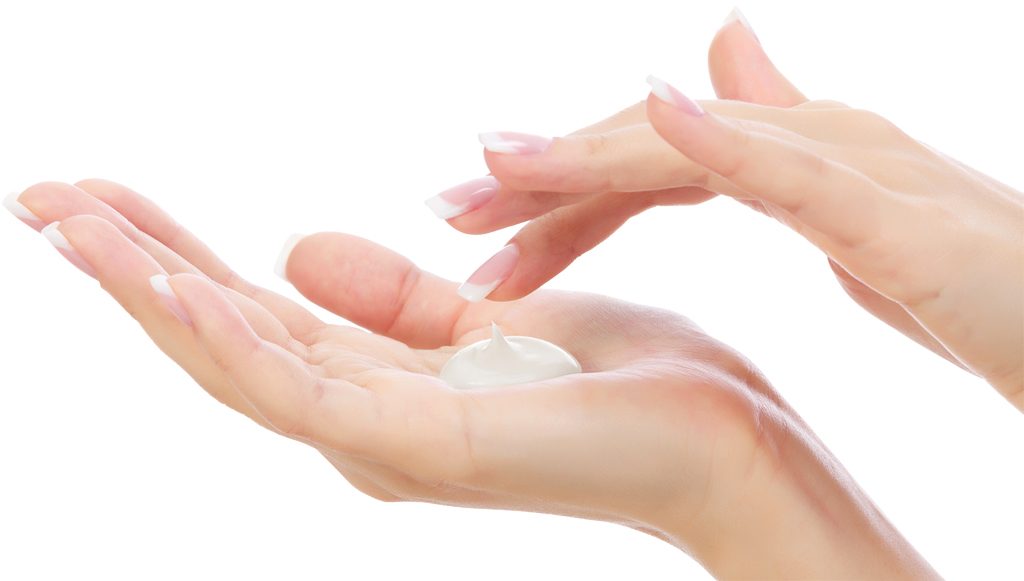Don’t let skin problems affect your next vacation! Here’s a primer on how to prevent them from flaring up.

With the arrival of low-cost carriers, travelling has become accessible to almost everyone. However, while holiday seekers may find a change in climate refreshing, differences in temperature, humidity and weather can cause problem skin. If you have sensitive skin, are prone to acne, suffer from eczema or would just like to avoid skin complaints, here’s how to care for your skin while travelling.
Dry, windy and cold weather
For many of us living in the tropics, a trip to somewhere cold and wintry can be a joy. However, dry, cold and windy weather can cause skin to revolt if not properly cared for.
Winter itch is a general term for dry itchy skin caused by cold temperatures, wind and low humidity. Itching can also arise from skin conditions such as eczema, psoriasis, dandruff and rosacea, all of which can be aggravated by the dry air.
To prevent these problems, use a rich moisturiser and gently apply it right after a bath while your skin is still damp. And while it may be tempting, avoid prolonged hot baths or showers as these can strip the skin of natural oils. It will also help to use a moisturising, broad-spectrum sunscreen.
Hot, humid climates
Beach holidays or other equatorial adventures require not only a carefree spirit, but lots of sunscreen and some awareness of possible acne triggers. Excessive sweating can lead to a flare-up of acne and bacterial or pityrosporum folliculitis. This is because sweat can form a breeding ground for the bacteria and yeasts that trigger these outbreaks.
Pityrosporum folliculitis is a skin condition similar to acne, but is caused by the proliferation of a yeast, called malassezia, within the hair follicles. Itchy, acne-like growths tend to occur on the upper back, shoulders and chest, with occasional breakouts affecting the neck, face and upper arms.
Acne may also accompany pityrosporum folliculitis. Acne is a disorder of the oil-producing part of the skin. Excess oil feeds the growth of a bacteria called propionibacterium acnes, promoting skin inflammation and giving rise to the distinctive red and pus-filled growths.
To prevent acne from flaring up, be sure to keep skin clean, use light-weight oil-free moisturiser and avoid excessive humidity. Refrain from wearing a lot of make-up as this can aggravate oil production and clog pores. Make sure you drink plenty of water as well to hydrate skin from the inside out. Choose oil-free, non-comedogenic facial products and be gentle when applying skincare products. Protecting skin from the sun with a good broad-spectrum oil-free sunscreen, a hat and light cotton clothing is also helpful in staying cool (and sweat free). Sun protection also prevents other skin problems – such as sun spots, sunburn and premature ageing – from arising.







